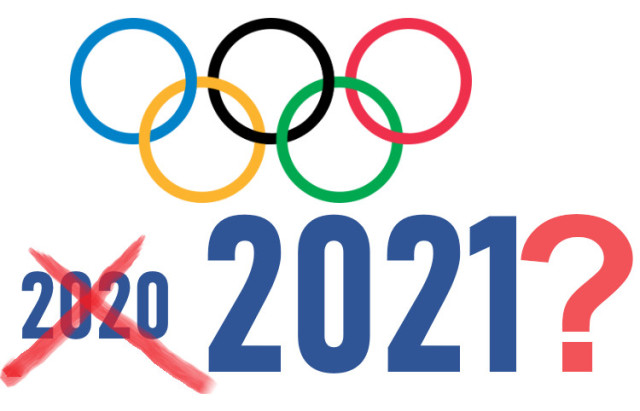Virendra Pandit
New Delhi: With billions of dollars of investment and profit at stake, the International Olympic Committee (IOC) has ignored fervent calls for a further postponement or cancellation of the Tokyo Olympic Games in July-August, as the Japanese government is bracing to ‘welcome’ the fourth wave of the global pandemic Covid-19 along with some 80,000 sportspersons and officials set to descend in its capital in the coming weeks.
The official cost of the Tokyo Olympics, postponed in 2020, has increased by 22 per cent from USD 12.6 billion to billion to USD 15.4 billion. The organisers, sponsors and advertisers expected to reap a profit of over USD 5 billion. Besides, many countries have spent a fortune on training sportspersons and organizing local events preparatory to the Games. Apparently, investors wanted a ‘return on investment’.
Willy-nilly, Japan’s government, despite reservations within and popular opposition outside, agreed to go ahead with the IOC’s decision, increased vaccination pace, and arranged for a range of restrictions during the Games to be held from July 23 to August 8, 2021. The sportspersons and their officials will have to leave Japan within 48 hours of their events’ ending, media reported last week.
On Monday, the Tokyo Olympics Organising Committee confirmed that the spectators’ limit for the Games has been set at 50 per cent of venue capacity, up to a maximum of 10,000 people, so as to observe social distancing norms and Covid-Appropriate Behaviour (CAB).
The decision on the Paralympic Games will be made by July 16. Residents of Japan will be allowed to attend the Games this summer.
“During a meeting held between the five parties earlier today, the IOC, IPC, Tokyo 2020, Tokyo Metropolitan Government and the Government of Japan agreed for the spectator limit for the Olympic Games to be set at “50 per cent of venue capacity, up to a maximum of 10,000 people” at all venues, taking into consideration the government’s restrictions on public events,” the Committee said in a statement.
The IOC and International Paralympic Committee (IPC) were informed of the policies the Japanese parties decided on and supported the measures. The current competition schedule remains unchanged. In principle, spectators will be admitted to events subject to the above limits.
Students in the schools’ spectator programme and their supervisors will not be considered in these limits and will be treated separately, as they are not spectators, according to the IOC.
In the event that a state of emergency or other priority measures aimed at preventing infection is implemented at any time after July 12, restrictions on the number of spectators at the Games, including non-spectator competitions, will be based on the content of the state of emergency or other relevant measures in force at that time.
In the event of any rapid change in infection status and in the capacity of the medical care system, a five-party meeting will be held promptly to consider further measures.
The Japanese have formulated guidelines for spectators aimed at ensuring safe and secure environments. These stipulate that masks should be worn in venues at all times; speaking in a loud voice or shouting will be prohibited; congestion should be avoided by means of appropriate announcements, and visitors should leave venues in a staggered manner.
Given the Covid-19 situation, the Japanese parties intend to look into either cancelling or reducing the scale of any live sites and public viewing events to minimise the movement of people, review any other Games-related events, and establish new safe and secure ways of cheering and supporting the athletes.
A framework will be implemented to keep monitoring the status of infections and medical care using expert advice. The equivalent policies governing the Paralympic Games will be decided by July 16, a week before the opening of the Olympic Games.
In order to conduct safe and secure Games for the whole of Japan, there will be strong coordination and cooperation with local governments to ensure the above guidelines are followed.
The situation will be monitored in Japan and abroad, including the status of the different variants of the coronavirus, and all necessary action will be taken promptly. Vaccination of those involved with the Games will continue, and the vaccination status will be further updated.
That is not all.
As Murphy’s Law tells us: If anything can go wrong, it will.
That’s what worries Japanese experts.

